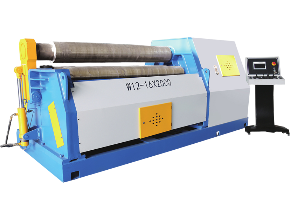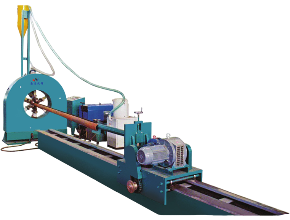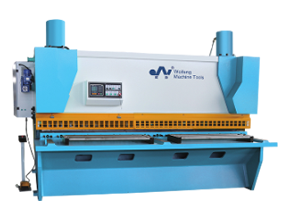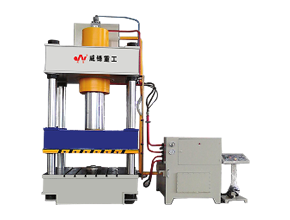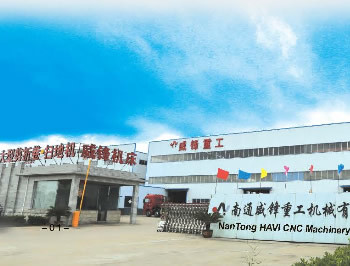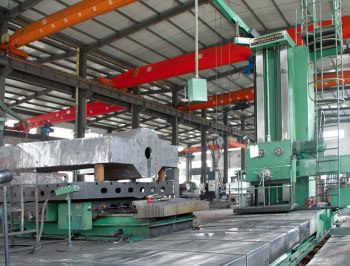Mastering Precision: The Essential Guide to CNC Bending Machines
Release Time:
2025-07-11


One of the primary advantages of CNC bending machines is their ability to produce complex shapes and angles with utmost accuracy. Traditional bending methods often require manual intervention, which can lead to variations in product quality. In contrast, CNC machines operate based on programmed specifications, ensuring that each piece is consistently manufactured to exact parameters. This level of precision is particularly crucial in industries such as automotive, aerospace, and architecture, where the smallest deviation can have significant consequences.
Another noteworthy feature of CNC bending machines is their versatility. They can handle various materials, including steel, aluminum, and other metals, making them suitable for a wide range of applications. Additionally, these machines can accommodate different thicknesses and sizes, allowing manufacturers to adapt their processes based on specific project requirements. This versatility enables businesses to streamline operations, reducing the need for multiple machines and optimizing floor space.
When considering the integration of a CNC bending machine into your workflow, it’s essential to evaluate several factors. First, assess the machine’s capacity and capabilities in relation to your production needs. Consider aspects such as maximum bending angles, material thickness, and the types of bends you require. It is also vital to ensure that the machine is compatible with your existing software systems to facilitate seamless operation.
Moreover, investing in training for your operators can significantly enhance the efficiency of CNC bending machines. Proper training ensures that staff can effectively program and operate the machinery, which not only improves the quality of the products but also minimizes downtime. Many manufacturers offer training programs tailored to the specific models and software of CNC bending machines, allowing your team to gain the necessary skills quickly.
In conclusion, CNC bending machines play a pivotal role in modern manufacturing processes. Their precision, versatility, and automation capabilities make them indispensable tools for producing high-quality metal components. By understanding the functionalities and benefits associated with CNC bending machines, you can make informed decisions that enhance your manufacturing efficiency and product quality. As the industry continues to evolve, embracing such advanced technologies will be essential for staying competitive and meeting the demands of the market.
Related News
NanTong HAVI CNC Machinery Co., Ltd.
Phone/WhatsApp: +86 17606524813
Address: Libao Development Area,HaiAn jiangsu China
COOKIES
Our website uses cookies and similar technologies to personalize the advertising shown to you and to help you get the best experience on our website. For more information, see our Privacy & Cookie Policy
COOKIES
Our website uses cookies and similar technologies to personalize the advertising shown to you and to help you get the best experience on our website. For more information, see our Privacy & Cookie Policy
These cookies are necessary for basic functions such as payment. Standard cookies cannot be turned off and do not store any of your information.
These cookies collect information, such as how many people are using our site or which pages are popular, to help us improve the customer experience. Turning these cookies off will mean we can't collect information to improve your experience.
These cookies enable the website to provide enhanced functionality and personalization. They may be set by us or by third-party providers whose services we have added to our pages. If you do not allow these cookies, some or all of these services may not function properly.
These cookies help us understand what you are interested in so that we can show you relevant advertising on other websites. Turning these cookies off will mean we are unable to show you any personalized advertising.


